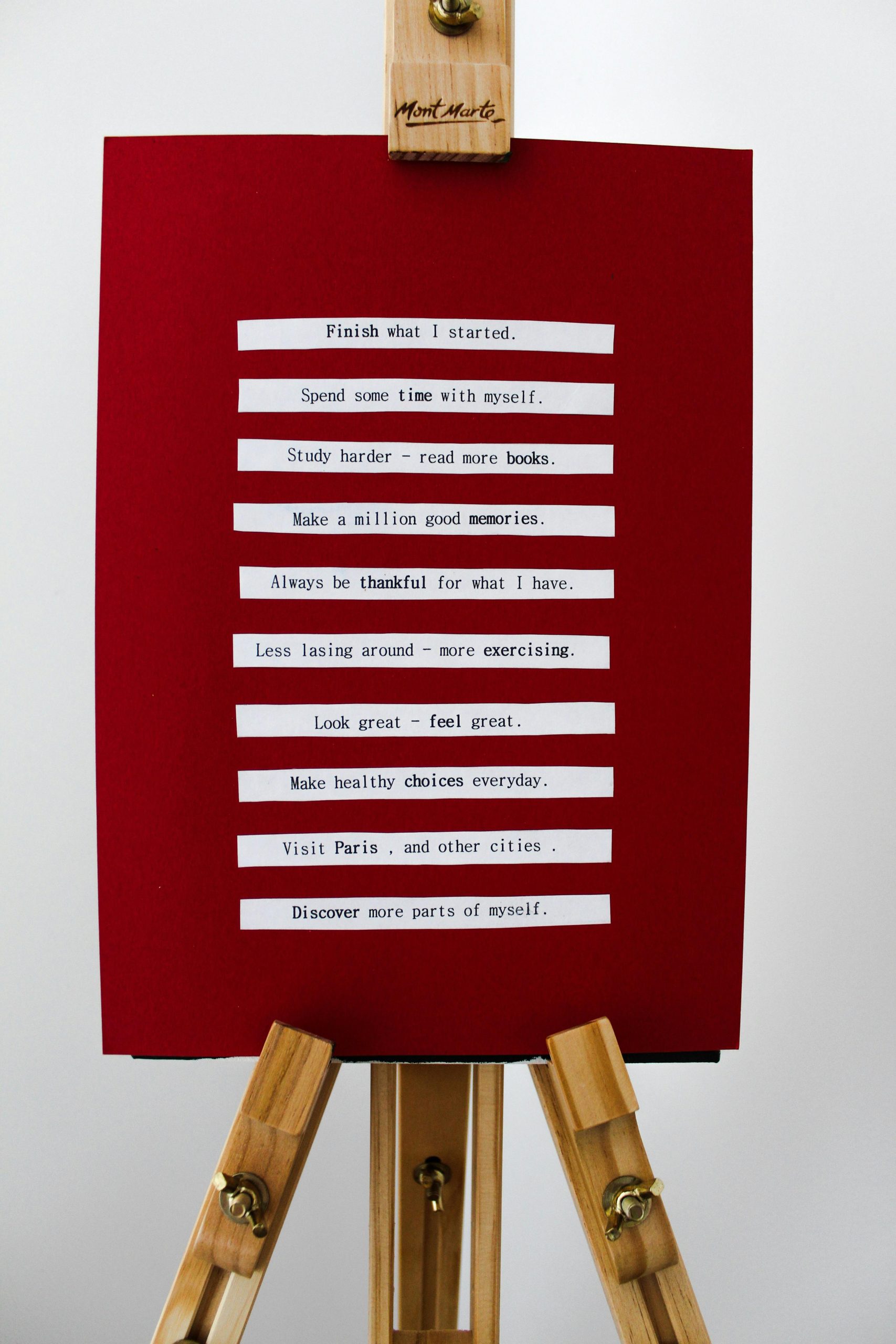Understanding the Legality of Fair Use
Navigating the complexities of legal terms like “fair use” can be challenging, leaving many of us questioning what is permissible and what isn’t. The underlying principle aims to balance creators’ rights with the public’s interest in a free flow of information. Let’s explore this concept and discuss whether it is fair.
Fair use is a legal doctrine that allows limited use of copyrighted material without obtaining permission from the rights holders. Typically, it covers activities such as commentary, criticism, news reporting, teaching, scholarship, and research.
However, what one might consider “fair” can sometimes feel ambiguous or unjust. The fairness of applying this doctrine often depends on various factors, including the purpose and character of the use, the nature of the copyrighted work, the amount used, and the effect on the market for the original work.
In essence, while fair use seeks to enable creative and informative exchanges, understanding its boundaries and fairness necessitates careful consideration of these criteria. If in doubt, consulting with a legal professional can provide clarity and ensure that you’re operating within the confines of the law.










2 Comments
To determine whether something is legal, it’s crucial to consider the legal framework that surrounds the situation in question, as the concept of legality can vary significantly depending on jurisdiction, context, and specific circumstances. Here are some steps and considerations to help assess the legal standing of an issue and to seek fair treatment:
Understand Applicable Laws: Begin by researching the laws relevant to your situation. Consider both local and national regulations if they may apply. For example, if you’re dealing with a matter related to consumer rights, employment, or contracts, there may be specific statutes that offer detailed guidance. Using online legal resources or visiting your local library can be a good starting point for preliminary research.
Identify Relevant Jurisdictions: Different regions may have varying laws. Ensure you know which jurisdiction’s laws apply to your issue. For instance, a business transaction may be regulated by the laws of the country where the business is registered, rather than where the transactions occur.
Fairness vs. Legality: It’s important to recognize the difference between what might seem unfair and what is actually illegal. While a situation might appear unjust, it may still comply with existing laws. Legal systems often aim to balance safety, fairness, and practicality, but they may not cover every aspect of moral fairness individuals hope for. This is where advocacy for legislative changes can play a role if the issue is widespread.
Consult a Legal Professional: Consulting a qualified legal professional, such as an attorney or legal advisor, is often the best course of action for personalized advice. They can provide nuanced insights based on the latest legal standards and precedent, potentially uncovering legal remedies you may not have considered.
Consider Filing a Complaint: If you believe an action is illegal, you may have grounds to file a complaint with the relevant authority. For example, if the issue is with a business, you might consider contacting a consumer protection agency. If it’s an employment issue, there might be a labor board or similar organization to contact.
Documentation and Evidence: Collecting thorough documentation and any relevant evidence about the situation is crucial. This includes contracts, communications (like emails or letters), receipts, and any other documentation that can support your case if legal action becomes necessary.
Explore Alternative Dispute Resolution: Before engaging in legal proceedings, consider alternative dispute resolutions such as mediation or arbitration, which can provide a more amicable and often faster, less expensive resolution.
This is a very insightful exploration of fair use! I appreciate how you highlight the nuances involved in determining what constitutes “fair.” One critical aspect that often gets overlooked is the impact of digital media on fair use. With the rise of social media platforms and content sharing, creators sometimes face challenges in distinguishing between commentary and infringement. Additionally, the transformative nature of a work can significantly influence the fair use assessment; for instance, remix culture often blends elements of original works in ways that can be both creative and legally ambiguous.
As content creators and consumers, it’s essential for us to stay informed about these evolving interpretations of fair use. Engaging with ongoing discussions in legal forums or attending workshops can help demystify this area further. Perhaps establishing clearer guidelines that reflect today’s digital landscape would aid in preserving the balance between protecting creators and fostering freedom of expression. What do you think about the potential need for updated legal frameworks in light of technological advancements?